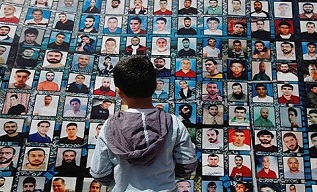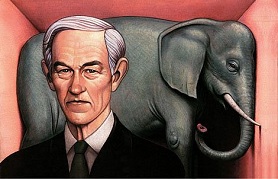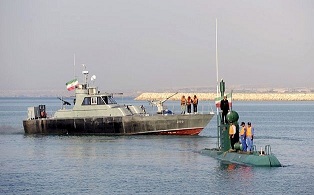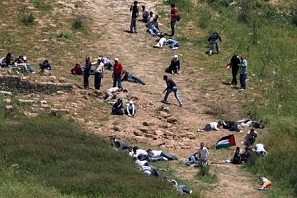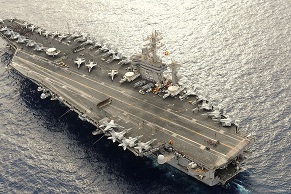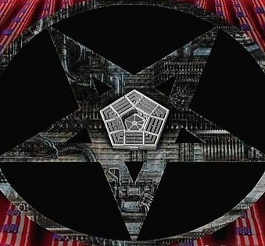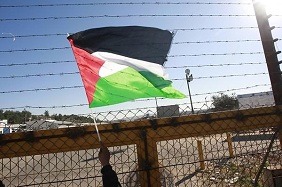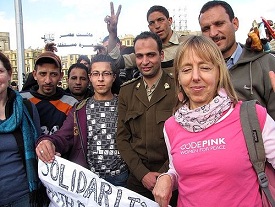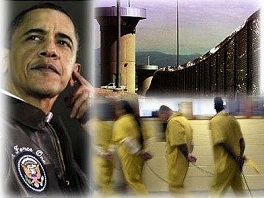State of Human Rights in Israel
Annually, the State Department publishes human rights reports for over 190 countries. Its latest April 8, 2011 Israel assessment noted serious human rights abuses, including:
(1) numerous NGO complaints about torture and other abuses in Gaza and the West Bank.
(2) Israel's High Court of Justice (HCJ) ruling against painful shackling. At issue is tightening restraints to inflict pain.
In Public Committee Against Torture in Israel v. Prime Minister, former HCJ President Aaron Barak said:
"A reasonable interrogation is an interrogation without torture, without cruel or inhuman treatment of the interrogee, and without a humiliating attitude thereto."
"It is forbidden to use brutal and inhuman measures during the course of the interrogation."
"Painful cuffing is a prohibited action. Moreover: other means exist to prevent escape from lawful custody or to protect the interrogators which do not involve pain and suffering to the interrogee."
(3) the UN fact finding commission finding that Israeli security forces "arbitrarily" killed nine Mavi Marmara humanitarian activists.
(4) targeted assassinations.
(5) whitewashed investigations, unaccountability, and few prosecutions of Israelis involved in killings and other human rights abuses.
(6) "unnatural deaths" in prisons.
(7) prison "deficiencies," including sub-standard isolation cells.
(8) detentions without charge up to six months, "renewable indefinitely."
(9) arrests for "security reasons," "even when the accused posed no clear danger."
(10) "denial of fair public trial(s)."
(11) "arbitrary interference with privacy, family, home or correspondence."
(12) free expression and press restrictions, including prohibiting journalists from entering Gaza; requiring media organizations "submit to military censors any material relating to specific military issues" or strategic ones; impeding free assembly, association, and movement; as well as other civil liberty violations.
(13) discrimination against citizens and residents of Arab origin.
(14) human rights violations against refugees and asylum seekers with regard to status, social rights, safety, and "hot return" policy.

























